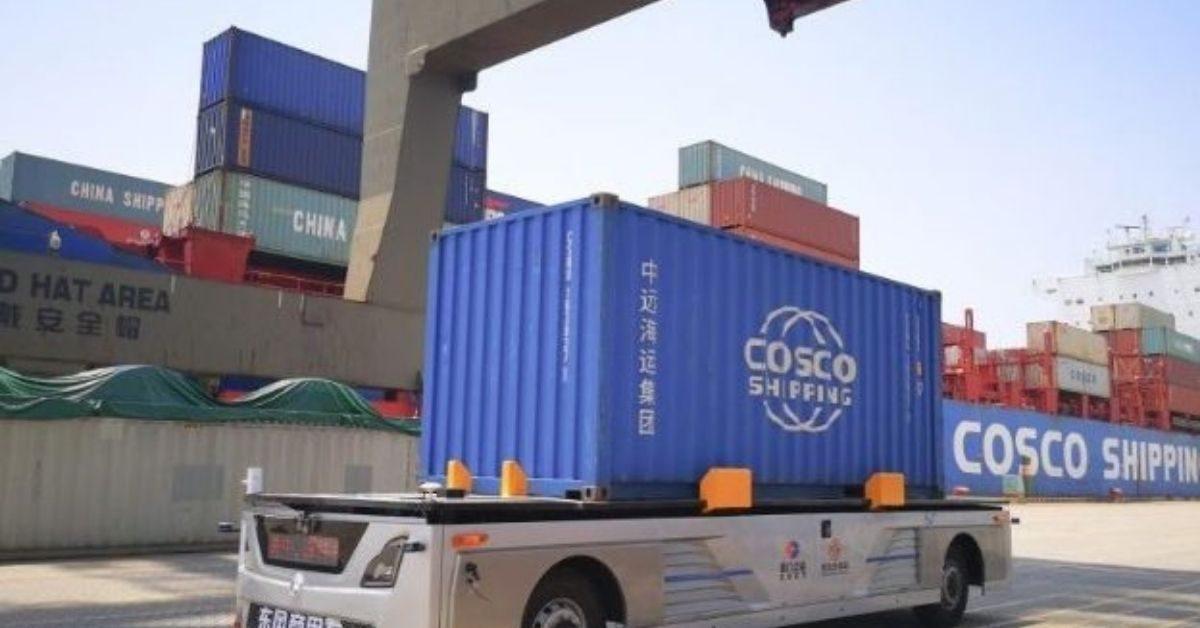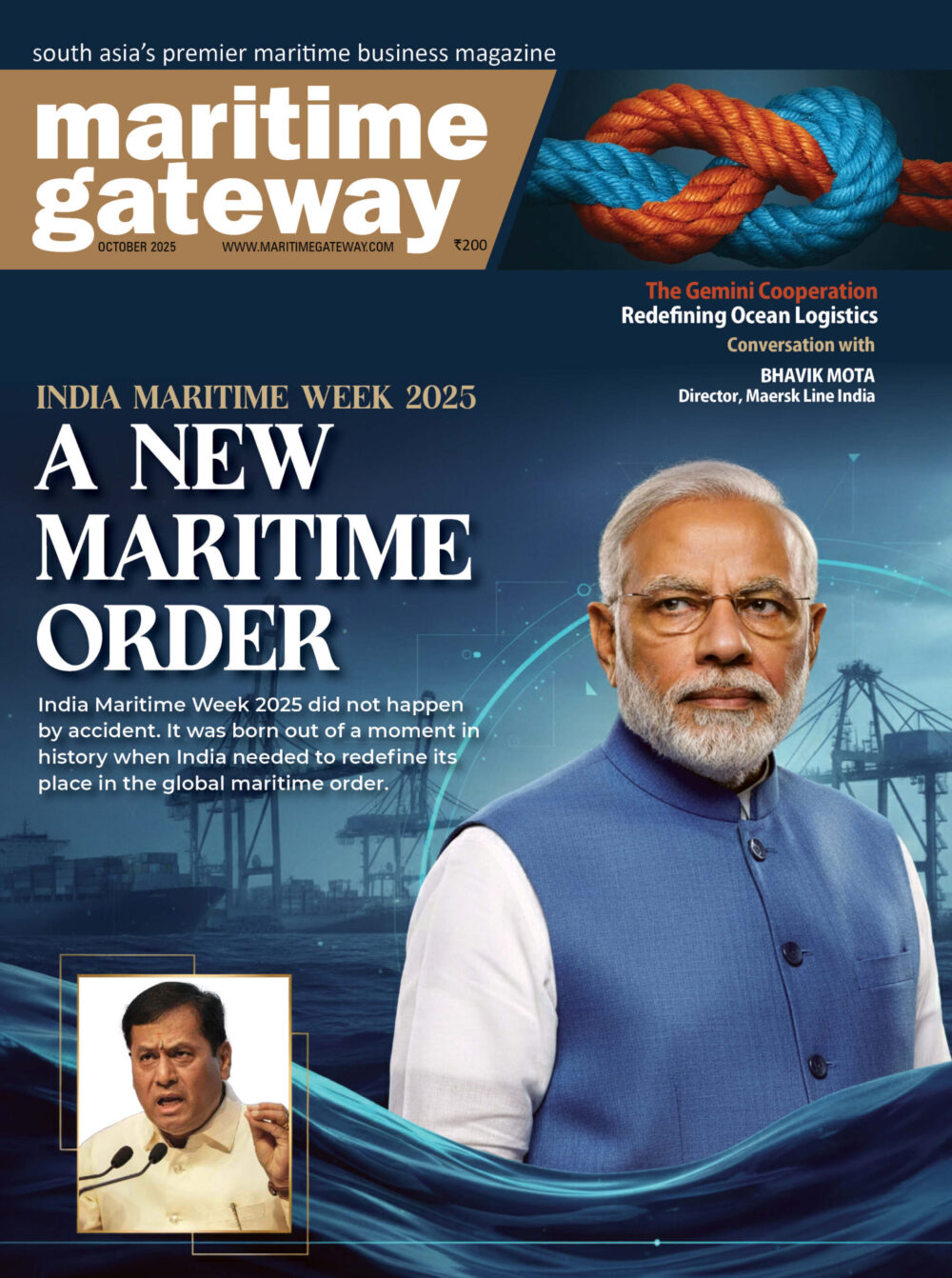Global Shipping Business Network (GSBN), an independent, non-profit blockchain technology consortium, announced its collaboration with COSCO SHIPPING Lines, Orient Overseas Container Line (OOCL) and the Shanghai Research Institute of Chemical Industry Testing (SICIT) to improve the safe transportation of chemical cargo through the use of blockchain technology.
GSBN noted that special cargo with designated goods, such as chemicals and lithium batteries, should be certified as safe to transport before they are handed over to logistics and shipping companies for export. “This is important because carriers will manage the transportation based on the corresponding certification to mitigate the risk of potential accidents and protect crew members,” said the consortium in a statement.
For exports from China, SICIT is one of the main organisations authorised to test and issue safe transportation certificates. Traditionally, shippers would collect the certificate from an accreditation body and provide the document either as a hard copy or as a scanned copy to the carriers.
“However, for the carriers and subsequent transportation companies in the supply chain, certificates shared in this form can be hard to verify, thus carrying risks such as mislabelling and fraud,” pointed out GSBN.
Here comes a new streamlined process that has been developed using GSBN’s blockchain-enabled platform to guarantee that safe transportation certificates and the information they contain can be confirmed from the original source and that the information is accurate and reliable.
To demonstrate this, the four partners have created a successful proof-of-concept with shipper Midea, one of the world’s biggest electrical appliance manufacturers.
Over GSBN, both COSCO and OOCL will be able to verify certificates obtained by Midea for their cargo directly with SICIT.
GSBN said its blockchain-enabled infrastructure ensures that the certificate data is immutable and structured, which can be verified as the single source of truth and this is expected to help reduce human mistakes, enhance the security of the cargo, and accelerate the process overall.
In the future, it can also facilitate the advancement in automated verification, as well as the circulation of reliable certificate data stored on the blockchain among multiple parties, according to a statement.









